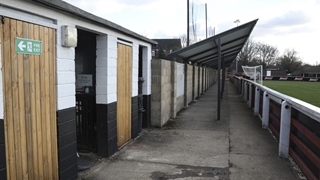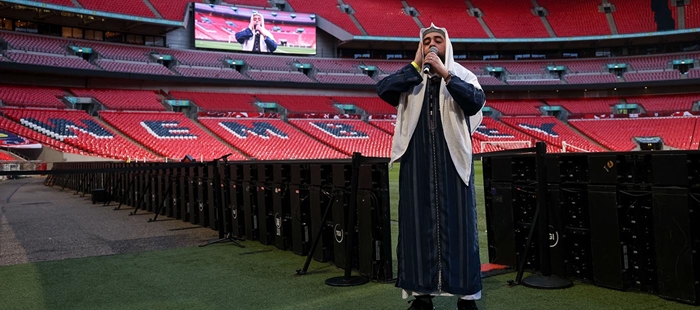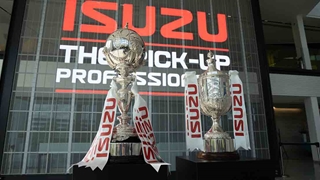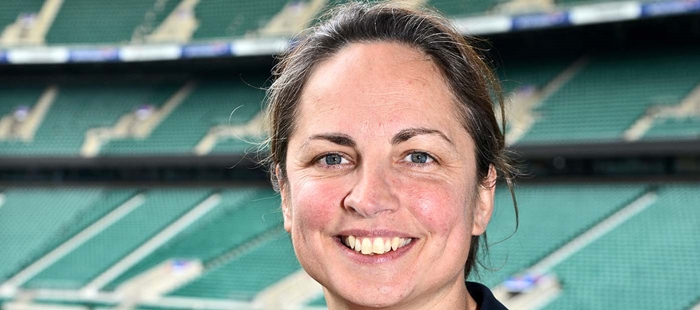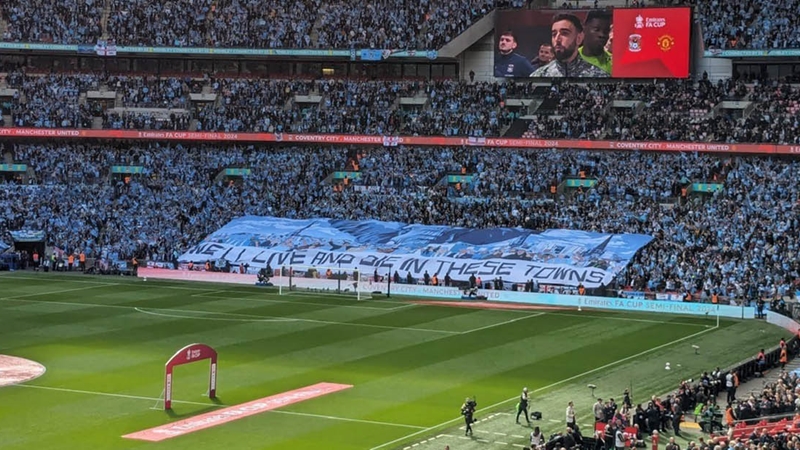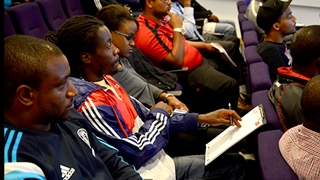
The FA will invest more than £1.4 million over the next five seasons to get more aspiring coaches from Black, Asian and Minority Ethnic [BAME] communities into the licensed coaching system, at the elite level.
This comprises BAME COACH bursaries, funding between 80-90 per cent of the total course costs at UEFA B, UEFA A, Pro licence and Advanced Youth Award levels.
The investment includes three full-time fixed-term BAME appointments each season, to gain experience working within The FA’s Technical Division, including England Development Teams.
COACH Bursary Programme – 2012-15 Report
Ugo Ehiogu, Chris Powell, Chris Ramsey, Chris Kiwomya and Brian Deane have all recently gained from these opportunities as have two female coaches, Helen Nkwocha and Coreen Brown who have worked with some of the women’s squads.
This additional investment builds on the successes of the COACH bursary programme, an essential part of The FA’s ongoing commitment to develop greater equality of opportunities as part of English Football’s Inclusion and Anti-Discrimination [IAD] Action Plan.
To mark the three-year anniversary of the COACH programme, funded by all the football bodies, The FA has released a video detailing the increase in the number of BAME coaches attaining higher level qualifications.
Since 2012, 168 BAME coaches (70 per cent black or shared heritage and 30 per cent Asian), have received 228 COACH bursaries: 26 at UEFA A License level, 66 at UEFA B License level and 136 Youth Award Modules.
Brendon Batson, Equality Consultant with The FA, said: “We need to break that circle of every generation of black players coming out of the game, or aspiring black and Asian coaches looking at it and going ‘why are we investing ourselves because we know we’ve got no chance’.
"At the end of the three-year COACH bursary programme, we have got coaches with various levels of qualification, 67 per cent of them gained experience in elite coaching environments, and 18 gaining part or full time employment in the game.”
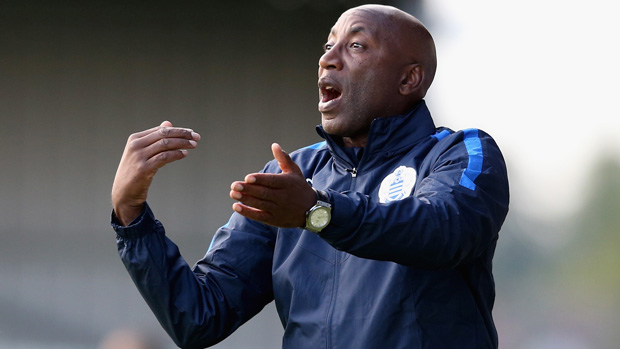
QPR manager Chris Ramsey is one of a number of BAME coaches to have benefited from the bursary scheme
Meanwhile, Dan Ashworth, The FA’s Technical Director, also welcomed the initiative.
He said: “We need to give people the confidence that those roles are there and that they are open for everybody. So we say [to all those aspiring coaches], get your qualifications, make sure you are in a position where you can do the role.
"From that, we will take a firm stance and a real commitment to try and change the percentages and the numbers to make it more reflective of society and more reflective of people in professional sport and make sure that the coaching, the support positions and influential positions within our game are fully represented.”
Alongside the bursaries, The FA fully supports the principles behind the Rooney Rule, in terms of open and transparent recruitment from the widest possible talent pool.
“We want to see clubs embrace the practice of shortlisting and interviewing BAME coaches and managers”
Heather Rabbatts FA board member
Indeed, The FA Board endorsed this when it approved The FA’s Voluntary Recruitment Code, which it is now applying for all technical role vacancies within the governing body.
Through the Voluntary Recruitment Code, The FA has begun implementing, and will continue to do so, a BAME interviewer on each panel interviewing the candidates applying for coaching roles with England Development teams and technical roles within The FA.
FA Board member Heather Rabbatts said: “We want to see clubs embrace the practice of shortlisting and interviewing BAME coaches and managers with the requisite qualifications, alongside their similarly qualified white counterparts.”
“It is a guarantee to shortlist and interview BAME candidates who meet the qualification criteria.”
“We see the Voluntary Recruitment Code as a further positive step to shift the culture of closed networks of recruitment and invite clubs to sign up to the code and implement their support for open, transparent and equal opportunity recruitment”.



